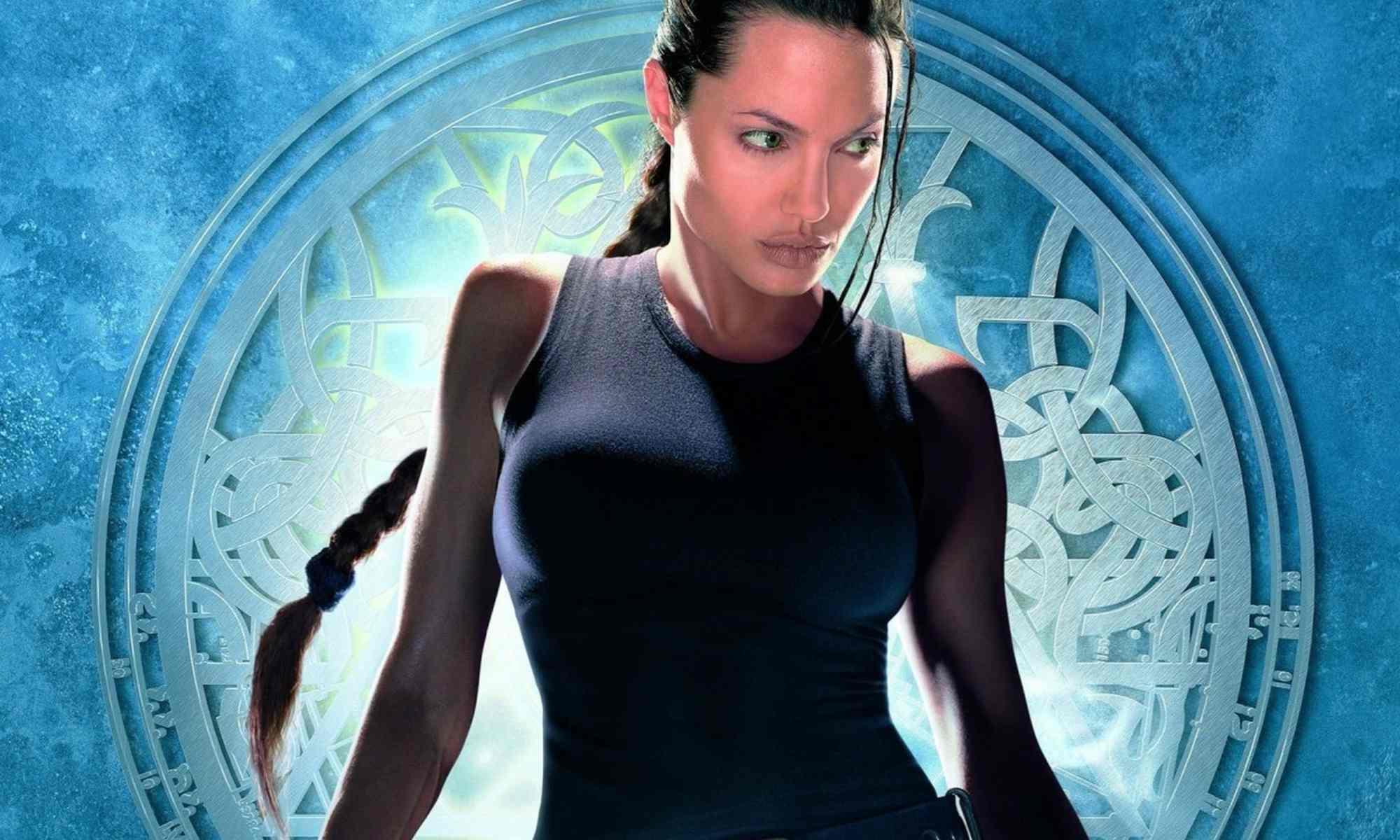While Maria Callas is primarily celebrated for her performances in the Italian bel canto repertoire (Bellini, Donizetti, Verdi, and Puccini), her repertoire also extended to composers like Mozart, though she sang his works less frequently.
One notable Mozart role she performed was Donna Anna in Don Giovanni. Donna Anna’s arias, such as “Or sai chi l’onore” and “Non mi dir,” demand both dramatic intensity and vocal precision, which suited Callas’ ability to bring psychological depth to her characters. Her interpretation of Donna Anna, though not widely recorded, was known for its intensity and elegance.
Because Mozart’s style often requires a lighter, more flexible voice, he was not a primary focus for Callas, whose voice was more naturally suited to the dramatic demands of Italian opera. Still, her approach to the roles she did take on from Mozart’s works demonstrated her exceptional ability to adapt to different styles and her commitment to character portrayal.
There are many intriguing theories connecting Wolfgang Amadeus Mozart’s involvement with Freemasonry to mysterious circumstances surrounding his death, though none of them have been conclusively proven. Here’s an overview of the key points and theories:
Mozart and Freemasonry
Mozart was a member of the Freemasons, a society that emphasized Enlightenment ideals such as fraternity, reason, and moral improvement. He joined the Freemasonic lodge Zur Wohltätigkeit (Zur Wohltätigkeit) in Vienna in 1784 and was actively involved. Freemasonry had a significant influence on his life and music, and this connection can be seen in works like The Magic Flute (Die Zauberflöte), which incorporates Masonic symbolism and themes of wisdom, enlightenment, and brotherhood.
Theories About His Death
Mozart’s sudden death at age 35 in December 1791 has long been the subject of speculation. Though modern medical analyses suggest he likely died of rheumatic fever or some other illness, various theories propose darker, more conspiratorial causes:
- Masonic Revenge Theory: Some claim that Mozart angered his Masonic brothers by including Masonic secrets in The Magic Flute, revealing too much of their rituals or secrets to the public. This theory suggests that certain Masonic leaders allegedly ordered his death in response. However, there is no historical evidence linking the Freemasons to Mozart’s death.
- Poisoning Allegations: Another theory involves Antonio Salieri, a composer and contemporary of Mozart. Rumors circulated that Salieri poisoned Mozart out of jealousy—a tale dramatized in the play and movie Amadeus. This idea is widely discredited by historians, as no reliable evidence supports it, and Salieri himself denied it.
- Mystery Illness: Medical historians have proposed various illnesses as the cause of his death, from trichinosis to streptococcal infection leading to kidney failure. These theories are based on symptoms described in historical records, though none can be definitively proven.

